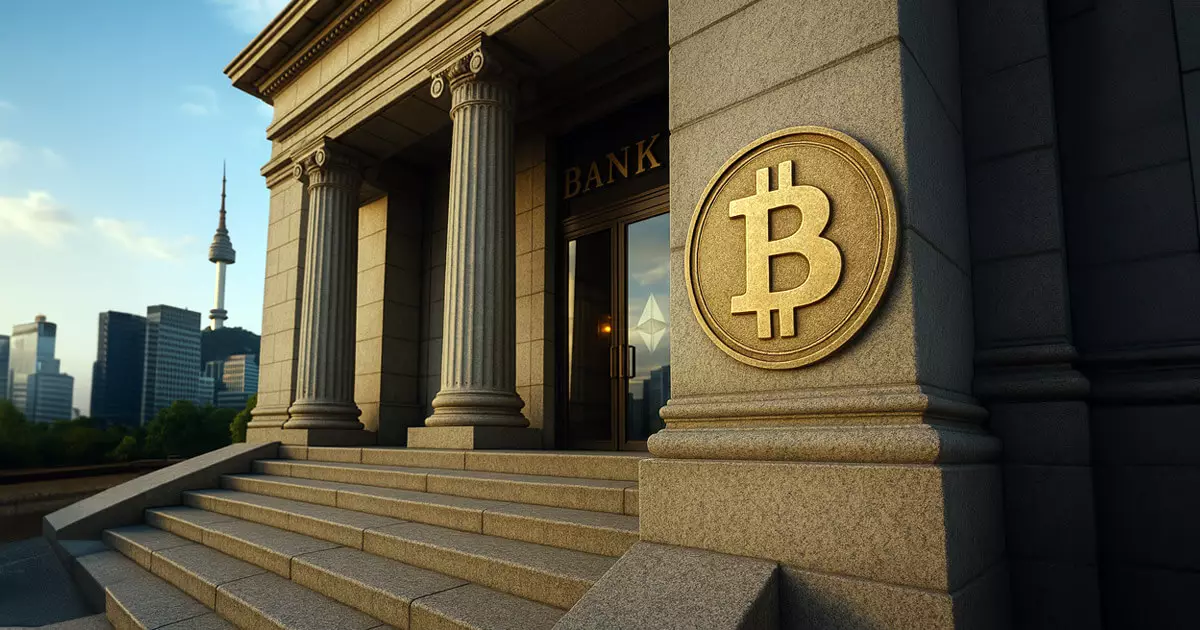The current structure of South Korea’s cryptocurrency market, bound by the restrictive one-bank-per-exchange policy, is a significant barrier to progress. This antiquated regulation, originally introduced in 2018 to combat money laundering, has become an anchor, dragging down both innovation and competition. By permitting only one bank to partner with a given exchange, the policy effectively stunts the growth of new ideas within the crypto space, creating a fragile system that restricts consumer choice and limits the potential for technological advancement in financial services.
Banking Monopoly: A Recipe for Risk
In a remarkable meeting held by the Korea Federation of Banks, executives from formidable institutions like Woori Bank articulated their frustrations about the existing framework. The concerns raised highlight a critical problem: when multiple exchanges rely solely on one banking partner, they expose themselves—and consequently, the broader financial system—to severe risk. Just imagine the enormity of a liquidity crisis triggered by the downfall of South Korea’s largest crypto exchange, Upbit, which relies on K Bank for nearly 20% of its deposits. This situation illustrates a precious lesson of monopoly risks and warrants urgent reform.
Consumer Freedom or Confinement?
The implications for everyday users of cryptocurrencies are profound. By constraining the banking relationships of exchanges, the South Korean government is inadvertently guiding consumers toward a limited set of options. Imagine a world where users can choose among a variety of banks tailored to their unique needs: enhanced services, competitive fees, and diverse product offerings. Instead, we are shackled to an inefficient alliance that does little but conspire to inhibit consumer experiences. It’s disheartening to watch an industry that thrives on agility and innovation become bogged down by a stifling regulatory framework.
The Appeal for Change
The narrative for change is not merely a plea from the banking sector but a clarion call for a shift towards a more resilient ecosystem. By revisiting and potentially reforming the policy to allow multiple bank partnerships per exchange, we would be defining a new landscape that embraces risk management instead of cowering before it. The possibility of better services, improved financial resilience, and more lucrative investment opportunities is too substantial to ignore. It’s a matter of fostering a financial market designed for the future, one that prioritizes flexibility and consumer empowerment over archaic constraints.
A Call to Action
As South Korea stands on the precipice of change, the urgent need for political will becomes apparent. Lawmakers must grasp the complexities of the evolving market and align regulations that encourage growth, rather than suppress it. The time has come for a legislative overhaul that reflects not just the needs of banks or exchanges but also those of the cryptocurrency users who are eager to explore and participate. It’s time for our policymakers to usher in an era of adaptability and foresight in the face of rapid technological advancement—a time when South Korea can lead the world in financial innovation, rather than serve as an impediment.
















Leave a Reply